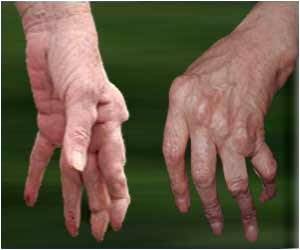According to a recent research, an infant’s risk of cot death or sudden infant death syndrome (SIDS) is increased by the brain defects that affect breathing and temperature control.
According to a recent research, an infant’s risk of cot death or sudden infant death syndrome (SIDS) is increased by the brain defects that affect breathing and temperature control.
U.S. researchers conducted the study on babies who died of SIDS. The findings were published in the Journal of the American Medical Association, in which, the team had reported that these infants had flaws in their brainstem that affected the processing of the chemical called serotonin in the brain.In UK, SIDS causes death of nearly 300 infants every year. The U.S. researchers carried out the study based on the findings of a previous research that proposed defects in the brain of infants who die from SIDS are responsible for making them more susceptible to environmental factors like infection and overheating.
Researchers from the Boston Children's Hospital and Harvard Medical School carried out a comparative study of the tissues obtained from 31 infants who died from SIDS and 10 who died due to some other ailments, during the period 1997-2005.
The lower brain stem helps control breathing, heart rate and blood pressure. The findings revealed that the brainstems from SIDS-affected infants had more neurons that produce and utilize serotonin than the brainstems of the other babies.
However, the number of serotonin receptors in the SIDS-affected infants’ brain was less, suggesting that these kids could not process serotonin as they normally should.
Dr Hannah Kinney, who led the research, said: "These findings provide evidence that SIDS is not a mystery but a disorder that we can investigate with scientific methods, and some day, may be able to identify and treat."
Advertisement
She added: "Although the causes of sudden death in infancy remain unknown, it is generally agreed they are multi-factorial, and the present paper adds useful information. "But much more research is needed in order to understand and, ultimately, prevent these tragedies, which claim about 300 babies' lives each year in the UK."
Advertisement
GYT










